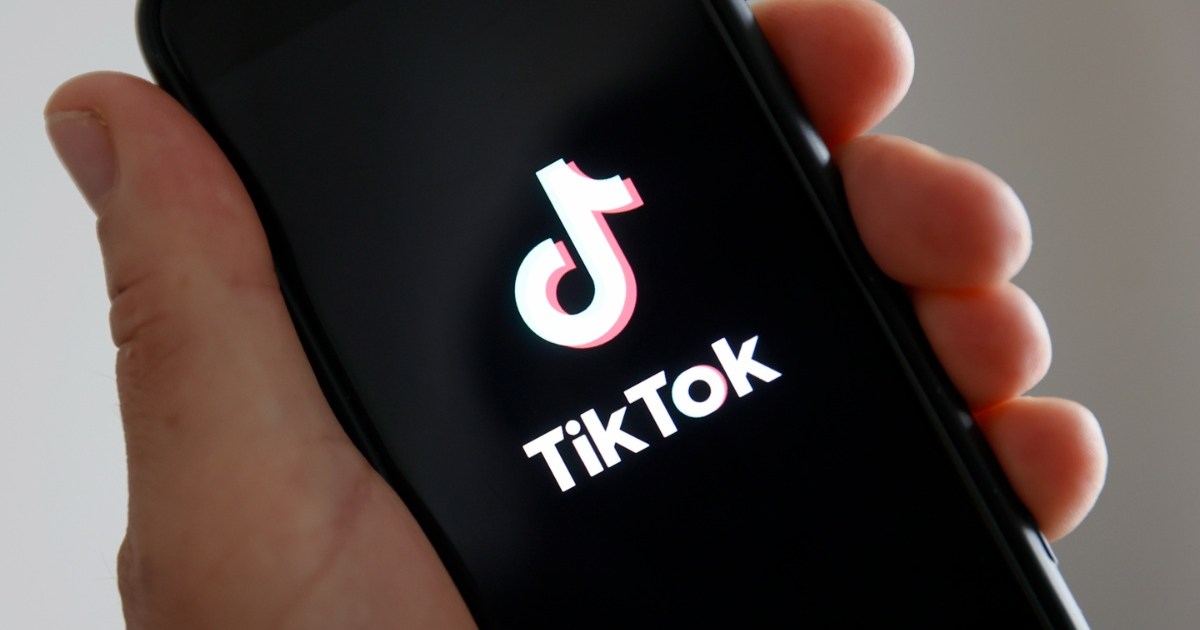Curious about what is the ‘Pink Tote Lid Moment’ on TikTok? This latest viral trend has taken over the platform, with users sharing deeply personal and emotional stories that have resonated widely. The phrase, seemingly simple at first, has sparked a wave of storytelling that highlights shared experiences and powerful emotions.
Here’s a closer look at what the ‘Pink Tote Lid Moment’ means, how it started, and why it’s striking such a chord with so many.
Pink Tote Lid Moment trend on TikTok explained
The ‘Pink Tote Lid Moment’ trend on TikTok refers to users sharing stories of emotionally charged or traumatic interactions with their parents. These are often rooted in miscommunication or minor conflicts.
The trend began with a now-deleted TikTok video by user Jaycie, who shared a story about her mother yelling at her for not understanding a vague request to move “pink things” into her room. After Jaycie sought clarification, the situation escalated, leading both her mother and father to berate her. Initially meant as a private vent, the video resonated with users and went viral, sparking similar stories.
Here’s Jaycie’s Tiktok video being reposted online:
The term “pink tote lid moment” describes instances where parents express frustration or anger toward their children over seemingly minor issues. Participants in the trend share personal experiences of emotionally charged incidents, often highlighting patterns of manipulation or abuse.
Common themes include invalidation, gaslighting, and verbal aggression, which many users say have caused lasting emotional impacts. TikTok users have found solidarity through the trend, creating a platform to discuss how these interactions affect mental health and family relationships.
Some attribute their stories to abusive family dynamics, while others reflect on moments of emotional harm. These discussions often emphasize the need for healthier parenting practices and better ways to manage unresolved anger. The trend has caught the attention of mental health professionals, who highlight the role of displaced anger in these stories.
Dr. Willough Jenkins, a child psychiatrist, noted in a TikTok video that parents often redirect frustrations onto children, sometimes unconsciously. This behavior can cause lasting emotional harm. While the trend does not seek to vilify parents, it emphasizes the need for empathy and better communication in families.

